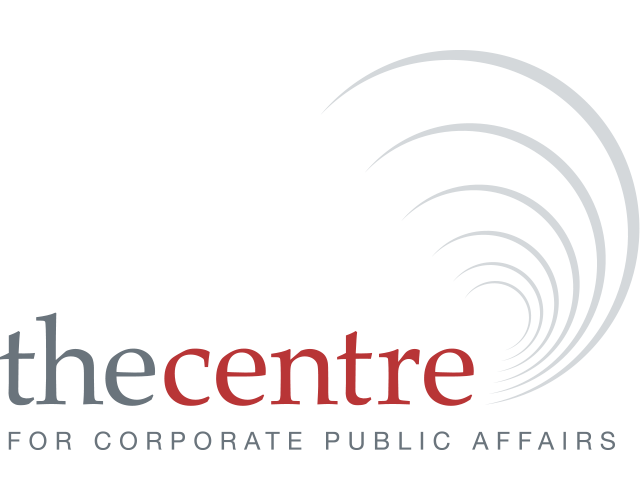Policy influence amid political bushfires
Over the years the Centre has often received calls during an election campaign from C suite executives asking how in the world they can get political candidates and elected officials to grasp the big policy idea and cut through a problem, issue or challenge.
The conversation often goes along these lines... "Why can't those politicians see that what we are proposing will solve big problems and cut through to the voters. This is a winner, if they could only see it.
What is at issue here is not so much the merit of an organisation's idea or position, but timing. The heat and hurly burly of an election campaign is frequently the worst time possible for a corporation to get public policy traction.
Whether it be petrol prices in the US Presidential Primaries, electricity generation ownership in Australia's largest state of NSW, tax rate scales in the UK, business incentive policy in Singapore or foreign ownership limits in India, getting a corporation or industry association policy position onto the political agenda is often hardest when senior executives most want action: at the height of an election campaign or at the culmination of a major public issues debate.
The open window for corporations and industry to influence, change or tweak the policies of candidates, political parties or critical stakeholders is before the election fray, not during it.
In the US Democratic Primaries, that window was wide open when Senators Barack Obama and Hilary Clinton launched exploratory committees to congeal support and dollars for a run at the presidential nomination, and during the fist primaries in January and February 2008. Not now as the dig in on their preferred policy positions.
In the UK, the ideal time is now, after Prime Minister Gordon Brown and his New Labour Government have been savaged in local government elections and are on a mea culpa listening tour. Now is also the time for corporations to seek to influence the policy stance of the UK Conservative Party.
A useful rule of thumb we advocate at the Centre is for corporations and industry associations to use political party conferences as a platform to congeal their own approach to, and view of, public policy, and to seek to influence political party manifestos and policy papers.
Shadowing the political party manifesto cycle, and being opportunistic in pushing policy positions between elections is also frequently successful.
Involving C suite executives in public policy formulation and positioning flowing soon after finalisation of an organisation's annual business plan is most frequently a successful tactic to get senior management to engage with and understand public policy.
This opportunity can also be used by public affairs executives to assist senior executives better appreciate also the need to prod, push and become involved in the great debates about policy while political parties and interest groups are gathering their known thoughts, well before elections.
